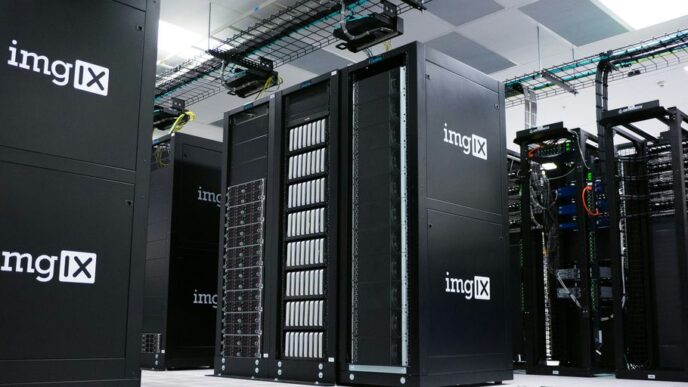As we approach 2025, the financial technology landscape is set to undergo significant transformations driven by advancements in artificial intelligence, regulatory changes, and evolving consumer expectations. This article explores the key trends that will shape the future of banking and financial services, highlighting the innovations that are redefining the industry.
Key Takeaways
- AI Integration: Automation of back-office tasks and enhanced customer service through AI.
- Sustainable Finance: Growing demand for ethical investment options and transparency in financial products.
- Digital Currencies: The rise of Central Bank Digital Currencies (CBDCs) and their implications.
- Cybersecurity: Increased focus on resilience against cyber threats and operational disruptions.
AI In The Back Office
In 2025, financial institutions will increasingly rely on AI to automate routine tasks such as transaction processing, compliance checks, and fraud detection. This shift will not only reduce operational costs but also enhance accuracy and efficiency. As organizations achieve higher levels of AI maturity, they will explore more complex applications, including real-time risk assessment and autonomous decision-making.
Chatbots And AI Assistants
The use of chatbots in customer service will become more sophisticated, providing 24/7 support and handling complex inquiries. By leveraging natural language processing, these AI agents will offer personalized assistance, anticipating customer needs and improving overall user experience.
Generative Financial Planning
Generative AI will play a crucial role in financial planning, offering tailored advice based on individual customer data. This technology will enable virtual financial advisors to assist clients in optimizing their savings, investments, and retirement plans, making financial advice more accessible and personalized.
Sustainable Finance Products
As consumers become more environmentally conscious, the demand for sustainable finance products will rise. Financial institutions will need to provide transparent information about the environmental impact of their offerings, including energy use and carbon emissions, to meet customer expectations and foster trust.
Central Bank Digital Currencies
The development of Central Bank Digital Currencies (CBDCs) will gain momentum, with countries like China and members of the Eurozone advancing their digital currency initiatives. CBDCs aim to combine the benefits of blockchain technology with the stability of government backing, potentially transforming the global financial system.
Quantum Finance
Quantum computing is on the horizon, with potential applications in risk analysis, fraud detection, and automated trading. As investment in quantum technology grows, 2025 may witness the first operational deployments in the financial sector, revolutionizing how financial institutions process data and make decisions.
Next-Gen Banking Services
The rise of fintech startups and super-apps is reshaping customer expectations, leading to a shift away from traditional banking. These platforms offer integrated financial services, making it easier for consumers to manage their finances in one place, thus increasing competition for established banks.
AI Regulation And Oversight
With the increasing adoption of AI in financial services, regulatory bodies will implement new frameworks to ensure transparency and ethical use of technology. Financial institutions will need to navigate this evolving landscape to maintain compliance and build consumer trust.
Future Jobs And Tech Talent Crisis
The financial sector will face a talent crisis as the demand for new roles, such as AI specialists and cybersecurity analysts, grows. Organizations will need to invest in upskilling their workforce and fostering diversity to bridge the skills gap and capitalize on technological advancements.
Cyber Preparedness And Resilience
As cyber threats and geopolitical tensions rise, financial institutions must prioritize operational resilience. Developing robust contingency plans will be essential for maintaining business continuity and consumer trust in an increasingly uncertain environment.
The financial services industry is at a pivotal moment, where technology and consumer expectations are driving profound changes. The banks that will thrive in 2025 are those that embrace innovation, prioritize sustainability, and reimagine the customer experience in the digital age.
Sources
- The 10 Most Important Banking And Financial Technology Trends That Will Shape 2025 | Bernard Marr, Bernard Marr.
- Top 10 FinTech Decacorns | FinTech Magazine, FinTech Magazine.













